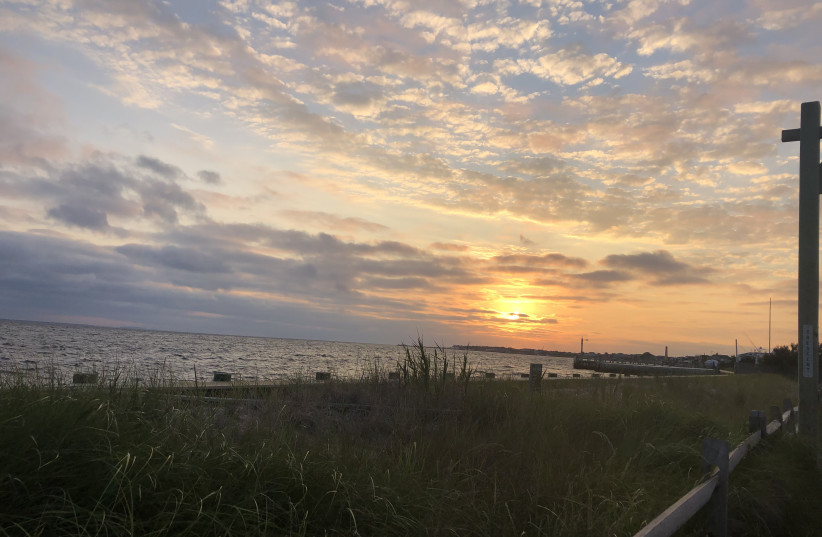Following Monday’s celebration of Simchat Torah, Jews around the world once again began the cycle of Torah readings, parshiot, beginning with Bereshit. The parsha recounts the story of Creation to the events immediately preceding the Flood of Noah. There are great lessons we can learn from this Torah reading. The ones I would like to highlight are from the dialogue between Hashem and Cain immediately prior to Cain’s killing of Abel.
The dialogue is a result of Hashem not accepting Cain’s offering of fruit while accepting Abel’s offering of one from his flock. Many reasons are given for why Cain’s offering was not accepted, but in any case, it was not accepted and Cain was devastated.
Hashem begins by asking Cain why he is angry and sad and continues with the following verse:
(Genesis 4:7) הֲל֤וֹא אִם־תֵּיטִיב֙ שְׂאֵ֔ת וְאִם֙ לֹ֣א תֵיטִ֔יב לַפֶּ֖תַח חַטָּ֣את רֹבֵ֑ץ וְאֵלֶ֨יךָ֙ תְּשׁ֣וּקָת֔וֹ וְאַתָּ֖ה תִּמְשָׁל־בּֽוֹ
Different translations are given for this, but one I like is: “If you improve, you will be forgiven, but if you do not, sin is waiting at the door. And though it inclines you to it, you have the power over it to make decisions.”

What is the message?
The message the Torah is meaning to convey, I believe, is one of hope and one of acknowledgment. On hope, Hashem is telling Cain that even at the lowest of lows to your own perception, there is still the possibility for redemption. Whether you lose a job, miss out on a deal, have a bad relationship, or in the case of Cain have an offering directly rejected by God, there is still the chance to restore yourself to glory with true intention and reflection.
As it continues, Hashem makes clear to Cain that if you do not seek to improve, the prospect of sin will continue to appear. In essence, not learning from your errors makes you bound to repeat them. Still though, and on the idea of acknowledgment, God makes clear that humans are humans. “And though it inclines you to it” makes clear the basic fact that even the most righteous of individuals can be intensively seduced by sin. Be it speaking badly about someone, stealing something, or committing murder, as Cain ultimately did, the temptations of sin are constantly present and waiting, or knocking, at the door.
However true, God makes certain that the individual is the sole decider in their fate. As much wisdom as we may be bestowed with, or with as much clarity as we think we may have been given, ultimately it is up to the individual to turn themselves around and change for the better.
For some, this may mean gradual steps towards solving a problem in their life. For others, it means a radical transformation into someone much different than before. Yet for both, it means recognizing the innate state uniting us all, that of free will.
In the end, and further proving the power of free will, Cain is not able to overcome the temptation to sin and tragically kills his brother Abel. As a result, he is punished by Hashem and is cursed to wander the world to no avail. To this, we should learn that despite the fact that we are the masters of our destiny, there are still consequences to our actions.
We should be hopeful to find solace in our new beginnings and in the acknowledgment that we live in a time of both grave uncertainties yet of immense prospects for a better future. And we should all be blessed with a year ahead filled with health, happiness, and success in all aspects of life, and with the strength to always take hold of the countless lessons from the Torah.
Troy Fritzhand is a writer, entrepreneur, and Hebrew thinker. He is a recent Oleh who writes and edits at The Jerusalem Post. He also helps to oversee the startup ecosystem in Jerusalem with Made in JLM. Troy can be followed on Twitter @troyfritzhand.
